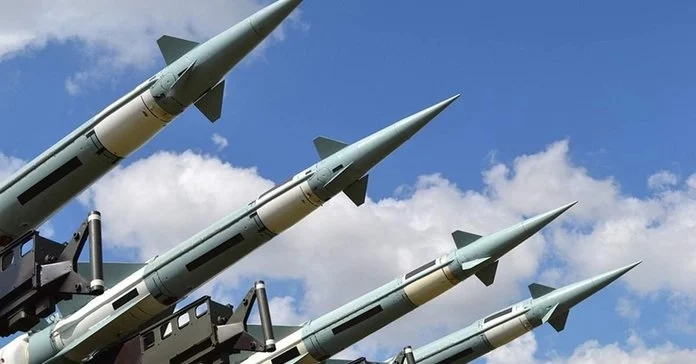Seven states on the EU’s eastern flank are calling on the other EU member states to suspend the issuing of Schengen visas to Russian tourists. Ukraine’s President Volodymyr Zelensky also wants restrictions on visas for Russian citizens. The EU foreign ministers are to meet before the end of August to discuss the proposal. Europe’s press is divided.
Here are some opinions from a selection of European publications presented by eurotopics.
- Receive the latest Ukraine news bulletins for today.
- Russian Losses
JOIN US ON TELEGRAM
Follow our coverage of the war on the @Kyivpost_official.
Shock therapy for well-off
Political scientist Sorin Ioniță makes the case for only suspending category C visas for Russians, which allow visitors to stay in the Schengen area for a maximum of 90 days within a six-month period. He writes in Contributors‘ blog:
“That would solve a large part of the problem and we could leave it at that. There would be plenty of leeway to support Putin’s opponents or help students and researchers stay in contact with the West. But it would be shock therapy for the comfortable circles in Moscow and St. Petersburg which have so far failed to realise that their country is waging a devastating war, because Putin has done everything to protect them from consequences and unpleasant news.”
A morally appropriate response
A travel ban for Russians is fully justified in view of the ongoing war of aggression against Ukraine, Jutarnji list puts in:
“This is not a measure that will topple Putin’s regime, and it will certainly please Erdoğan, who expects even more Russians to come and spend their money in Turkish resorts. But this measure would show that Europe does not want blood money. This is not about dissidents, but about people who don’t care what atrocities their country commits while they bathe carefree in Ibiza, Bled or Opatija. That is why it would be good to isolate Russia in this way.”

Professor Gerdes: Here’s What Trump’s Latest Really Means
Principles and numbers speak against a ban
Diena.lv explains why there are also those in Europe who are against a visa ban:
“For some in so-called old Europe, ideological principles have long been more important than real threats (think of Europe’s inability to expel radical Islamists from several countries), while for others their economic interests are key. Moreover, there’s also the argument that the overwhelming majority of Russian citizens are indifferent to the availability or unavailability of Schengen visas. So a ban on visas would only affect the rather small proportion of Russians who are already oriented towards Europe and the West.”
A simplistic reaction to voters’ emotions
The well-known media manager Ilya Krasilshchik believes the discussion about visas is driven by populist motives. In a Facebook post he writes:
“Elections are approaching in Latvia and Estonia. The calls for harsh measures must be seen in this context. In Estonia, Latvia and Finland, real democracy prevails, politicians vie with each other for votes. This summer, voters are seeing dozens of relaxed Russians visiting their countries on the one hand, and images of bombed-out Ukraine on their TVs on the other. These two images don’t go together – and no one cares to point out that those who arrive with visas are not the ones doing the bombing. … It seems to me that when the flow of tourists dwindles in the autumn, the discussion will also disappear. … And the further one is from Russia, the more relaxed the comments are.”
Precisely the opposite is needed
Denying visas to Russians would deprive them of the perspectives they urgently need, The Spectator argues:
“Banning anyone with a Russian passport from easily travelling to Europe is as racist and wrong-headed as Donald Trump’s moronic 2017 ‘Muslim travel ban‘. … It’s wrong because it makes Putin right when he claims that the war is being fought by pathological Russophobes and is driven by hatred of all Russians. … Allowing young Russians to travel and study freely in the EU and Britain would be a huge step towards undermining Putin’s poisonous and gerontocratic stranglehold on his country and counter his attempt to pull Russia backwards towards a Soviet-themed future.”
You can also highlight the text and press Ctrl + Enter











